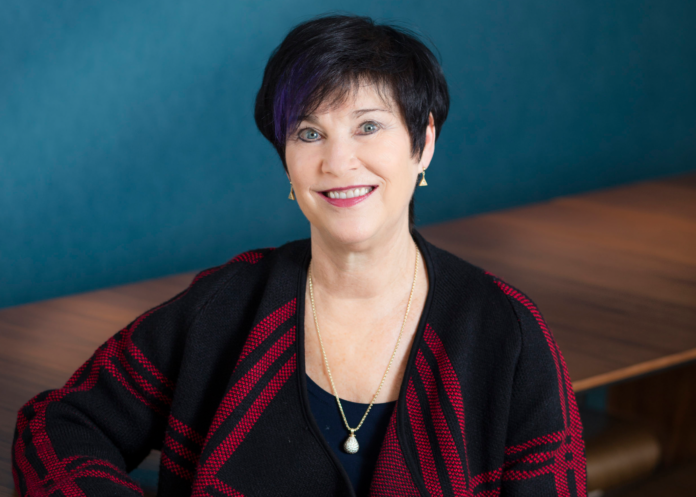
After a tremendous career that featured a stint as a judge and working as an attorney in the field of alternative dispute resolution, Robbie Barr is set to retire at the end of 2023.
Barr began her career at a firm in South Florida in the early 1980s, eventually winning an election for a judgeship in Florida.
“When I was elected in 1990, [it] was toward the end of the ‘Cocaine Cowboy’ period in Miami,” Barr said, who worked on criminal, civil and juvenile delinquency cases.
After attending an event in Colorado, she said she liked it so much she decided to move to the state finding it was a good place to raise kids, leaving her Florida judgeship behind after about eight years. Later she worked for the Judicial Arbiter Group for 16 years, before going out on her own starting BarrADR.
Barr described her current practice as being a full-time neutral, explaining her subject areas can be broad from environmental, employment, civil rights, insurance coverage, construction and personal injury. She said the only area she can think of she hasn’t done is family law.
“Lawyers hire me to help facilitate a compromise on high-conflict cases,” Barr said. “I go from room to room trying to [define] where the strengths and weaknesses are and what the areas of possible agreement and compromise are … so they don’t have to take the risk of trial.”
Mari Newman, a partner at Killmer, Lane & Newman, LLP, told Law Week Barr has been mediating cases for her for about 20 years, explaining how Barr is special.
“Robbie knows the law as all good mediators must, but what sets her apart is her stunning ability to relate and empathize with people from every walk of life, and to make each and every person she interacts with feel important and heard,” Newman wrote.
Newman noted numerous difficult cases didn’t turn Barr into a cynic.
Barr said within ADR she doesn’t direct the sides, but wants the opposing sides to come up with a solution they can live with.
Overall, Barr has had her own ADR practice for 10 years and said she’s stayed busy since opening her doors, including during the pandemic, when she was able to continue her practice online. Barr expected more people to seek out ADR in the future.
“Going to trial is exorbitantly expensive and for big corporations, or for some of the big environmental cases that I do, the risk is in the millions or even hundreds of millions and so if they can find a way not to spend millions on attorneys [fees] to defend against a claim like that, and still come out with some sort of a fair resolution, then corporations are going to want to do that,” Barr said. “I think plaintiffs want to do it because there’s always some delay. … In almost all jurisdictions, there is a delay.”
Barr added that more courts are recognizing the value of ADR and are ordering parties to go to mediation even before they could get a trial date. Barr explained if the sides reach a resolution and write it up, they notify the judge the case can be taken off the docket.
As for the future, Barr said she’s curious about artificial intelligence and how that will impact ADR.
“I think a lot of the inconvenience of managing data and documents could be assisted by AI,” Barr said.
Another technological change Barr saw was the use of virtual meeting software.
“So for instance … my plaintiff was in California and my defendants were here, and we still were still able to get a resolution,” Barr said. “I’ve done a class action in Utah where the lawyers for the class were in California and Utah and I was here and some of the [expert] witnesses were all over the place. So I think that the advent of Zoom has been a real benefit to ADR in terms of saved expense, travel [and] time.”
Barr added it could lead to a situation where more mediators go to online only, which she said some of her colleagues are already doing. Barr conducted a survey in 2021 which indicated attorneys were willing to continue using video platforms for ADR after the state reduced physical distancing requirements.
“There’s a big benefit to being in the room,” Barr contended, who also does her work in person as well.
Barr added she would also like to see more diversity within ADR.
But what’s next for Barr?
“I’m going to take a year and try to figure that out,” Barr said. “I honestly don’t know. I’ve been working since I was 14 and I’ve been working in this field for 27 years and I have other interests. The only thing I know for sure I’m going to try to do is to get my fourth-degree black belt in taekwondo.”
Barr said she would also like to pursue some interests she has in art and writing.
“I want to go out on top,” Barr said. “I don’t want to go out jaded or tired or have people say ‘she’s just phoning it in.’”

